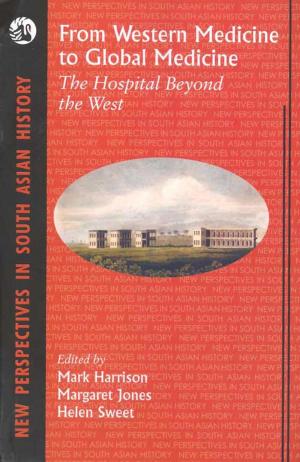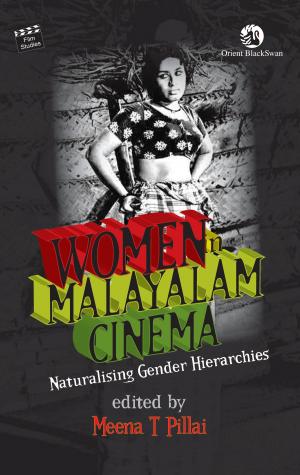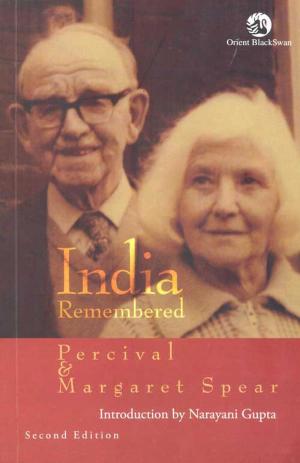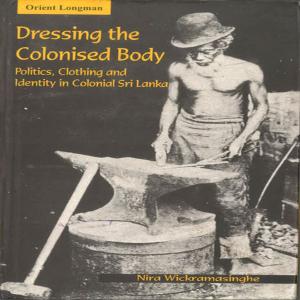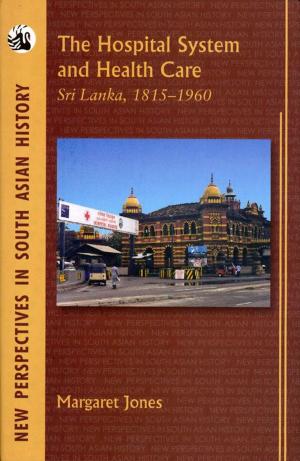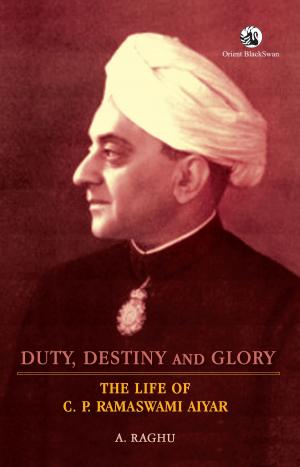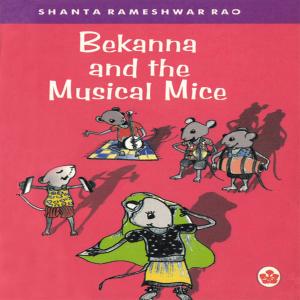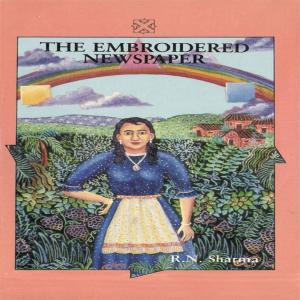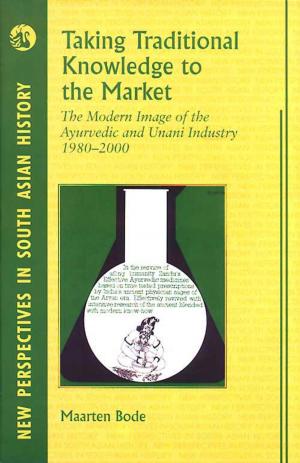Medical Pluralism in Contemporary India
Nonfiction, Health & Well Being, Medical, Alternative & Holistic Medicine, Alternative Medicine| Author: | V. Sujatha, Leena Abraham | ISBN: | 9788125053422 |
| Publisher: | Orient Blackswan Private Limited | Publication: | December 15, 2009 |
| Imprint: | Language: | English |
| Author: | V. Sujatha, Leena Abraham |
| ISBN: | 9788125053422 |
| Publisher: | Orient Blackswan Private Limited |
| Publication: | December 15, 2009 |
| Imprint: | |
| Language: | English |
Medical Pluralism in Contemporary India questions the dominant view of indigenous systems of medicine as cultural remnants of a traditional past. It points out that their practitioners greatly outnumber those of biomedicine (allopathy) and explores the reasons behind the enduring presence and importance of health care traditions such as ayurveda, siddha and unani.The authors go beyond simplistic distinctions like traditionalmodern and scienceculture. They draw attention to the possibility of bridging the divide between knowledge systems, and prepare the ground for a socially and culturally inclusive approach to healing and health care.Aspects of commercialisation and globalisation of traditional medicines are also examined.
Medical Pluralism in Contemporary India questions the dominant view of indigenous systems of medicine as cultural remnants of a traditional past. It points out that their practitioners greatly outnumber those of biomedicine (allopathy) and explores the reasons behind the enduring presence and importance of health care traditions such as ayurveda, siddha and unani.The authors go beyond simplistic distinctions like traditionalmodern and scienceculture. They draw attention to the possibility of bridging the divide between knowledge systems, and prepare the ground for a socially and culturally inclusive approach to healing and health care.Aspects of commercialisation and globalisation of traditional medicines are also examined.


